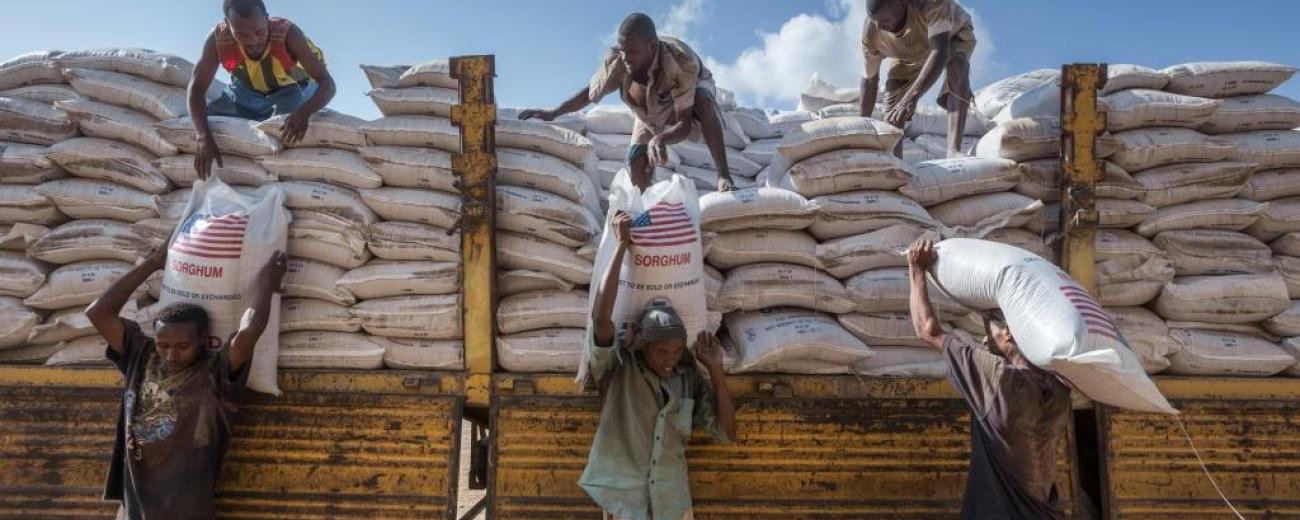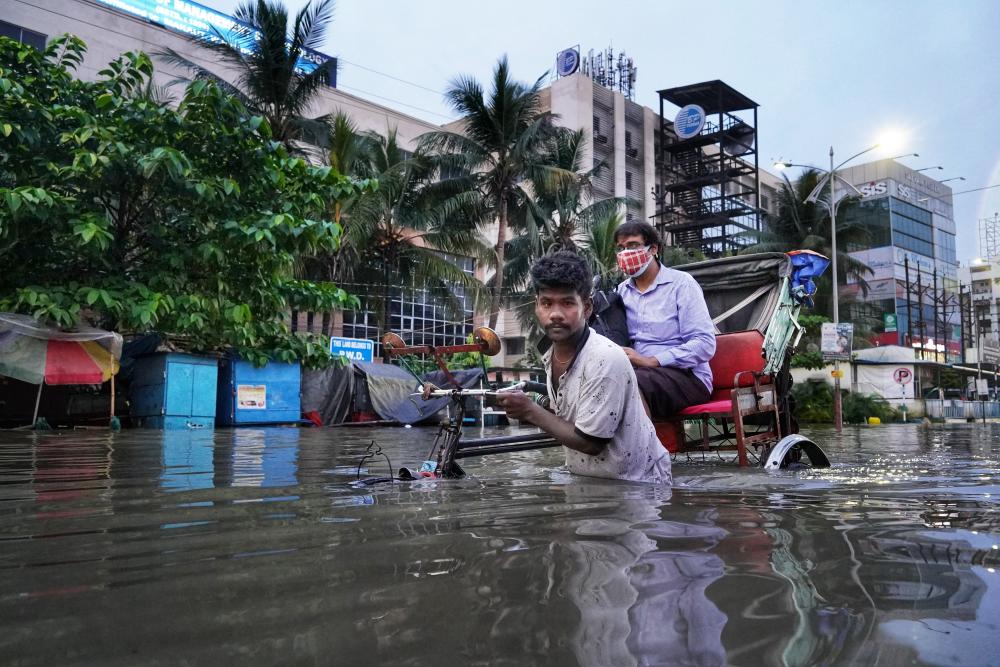‘New and additional’: why funding climate finance from aid budgets is a problem


Professor Michael Jennings argues that donors have failed to provide the promised new and additional funding, which risks undermining action on climate and poverty.
Donors have failed to provide the promised "new and additional" climate finance, instead redirecting existing aid budgets, which threatens both global development and effective climate action. This approach risks undermining poverty alleviation and addressing the climate emergency, leaving the world's poorest even more vulnerable.
With every passing year, we can see more and more the direct impact the climate emergency is having on the poor, who bear the brunt of it. The International Monetary Fund has estimated it will reverse the gains made in global development since the 1990s. Hundreds of millions face food insecurity, threats to health and being pushed into poverty.
With every passing year, we can see more and more the direct impact the climate emergency is having on the poor, who bear the brunt of it.
In response to the climate emergency, donors agreed to provide $100 billion in climate finance by 2025. However, they have used existing aid budgets to pay for their climate finance commitments, raising questions as to the sustainability of funding for both global development and climate action.
This blog argues not that climate finance and global development should be seen as separate and distinct, but that donors have failed in their promises to fund climate action in addition to, rather than part of, their aid budgets.
New and additional?
In 1992, global leaders committed to providing new and additional funding for joint action to protect the environment at the Rio de Janeiro UN Conference on the Environment and Development. In 2009, rich country donors agreed at the 15th Conference of Parties (COP15) meeting on climate action to provide $100 billion annually in new and additional funding for climate adaptation and mitigation by 2020. The 2016 Paris Agreement reiterated and extended this pledge to 2025.
Embedded in these agreements is the demand for ‘new and additional’ funding. In practice, donors have met their climate finance commitments from their official aid budgets without that new and additional money. The UK’s commitment to £11.6 spending on climate action between 2020-2025, for example, is spent from its aid budget – a budget that the government has cut by over a quarter.
Average donor aid has remained static at a little over 0.3% GNI (itself less than half of the now-65 year old 0.7% target). The inevitable result has been to put pressure on those aid budgets, and divert funding intended for specific global development objectives to climate action. The risk is this serves neither well, limiting poverty-focused spending whilst also failing to address the scope of the climate emergency challenge.
But isn’t climate action a global development issue?
In the run-up to the Paris COP21 meeting, Sir Nicholas Stern warned against treating the climate emergency as separate from global development: “radical separation of finance for development and climate finance could be deeply damaging. It is a serious mistake to see action on climate and action on development as in conflict”.
However, whilst climate action is a global development issue, the raiding of aid budgets for climate finance, rather than through the promised new and additional funding, is creating a potential conflict between action on climate change and action on development. Without increasing aid spending in line with these new commitments, how can it be otherwise?
Can the idea of global public goods help us?
In 2020, the OECD excluded funding for COVID-19 vaccine research from being included in official aid spending, arguing the world, not just the poor, would benefit from vaccine research.
A global public good (GPG) is something from which everyone benefits (vaccine research, for example, or from a switch to renewable energy, which can contribute to limiting global temperature rises). Is climate mitigation funding a global public good because those in rich countries benefit as well as those in poor countries? Funding for a GPG should be seen, some argue, as a payment for a service (something the world wants a country to do). Aid, in contrast, is a transfer of funds (supporting a government to do something it wants to). The implication is that climate finance (especially for mitigation) should be funded and administered entirely separately from aid.
The failure to provide that promised new and additional funding risks undermining both action on climate and action against poverty.
But in practice, the distinction is muddy. Is a switch to renewable energy a GPG because everyone benefits? It would also reduce local pollution, improve health, and potentially create new, safer work, which is a development outcome. So, would separating climate finance from aid create artificial and unworkable boundaries?
The mechanism is less important than the money
In practice, debates over GPGs may be less useful than they are theoretically interesting. The reason lack of separation is a problem is because of the failure of donors to meet their full obligations. They have largely found the money (estimates suggest the $100b target will be met on current trajectories), but failed completely to do so with new and additional funding.
In a context where aid levels are stagnant, where the $100b commitment vastly underplays the real level of finance required, and where global efforts to control the climate emergency are failing, the failure to provide that promised new and additional funding risks undermining both action on climate and action against poverty, and increasing the vulnerability of the world’s poorest at a time when they are already facing existential challenges to their wellbeing.
Header image: U.S. Embassy Addis Ababa via Flickr.
About the author
Michael Jennings is a Professor of Global Development & Departmental Director of Doctoral Studies in the Department of Development Studies, SOAS.



